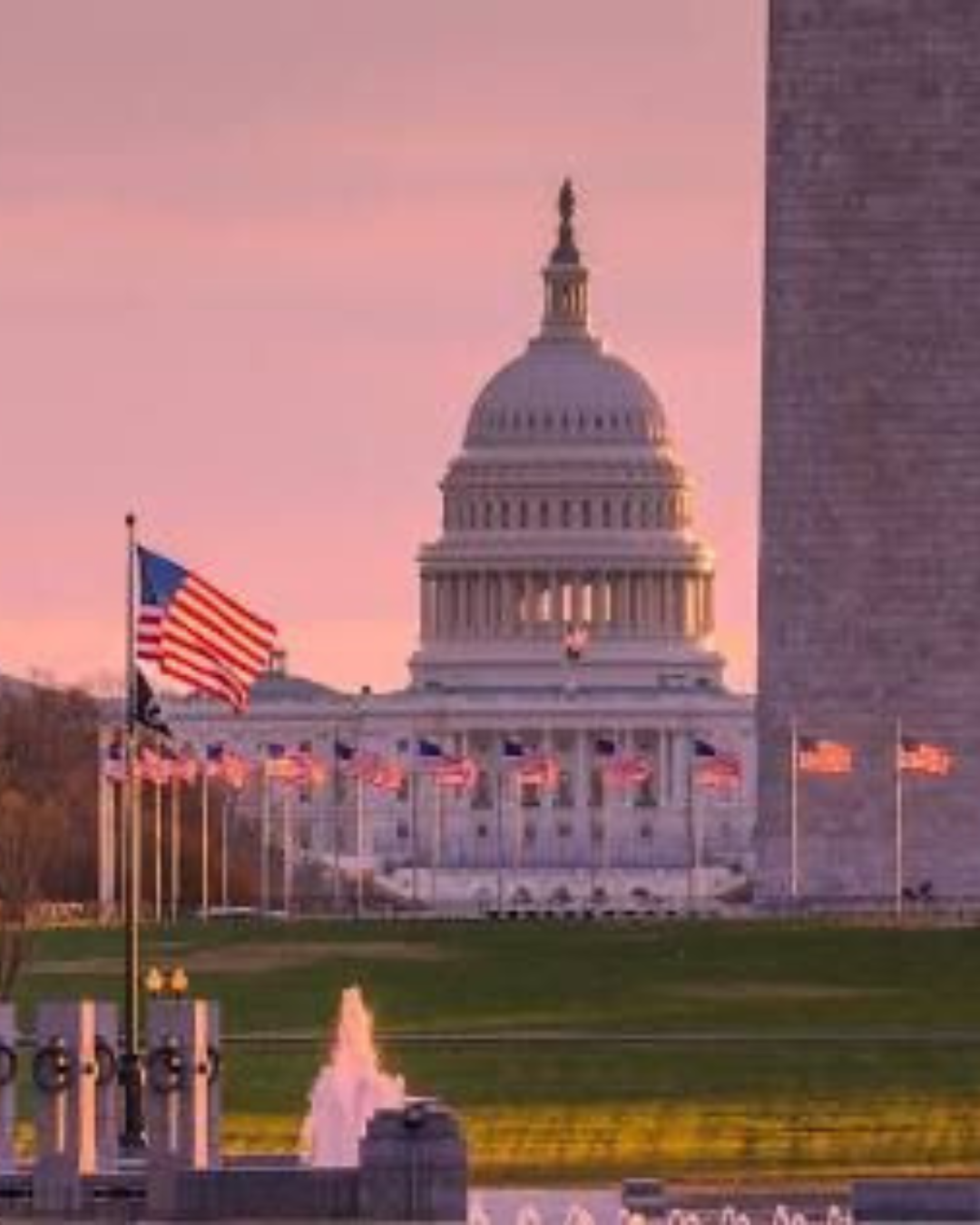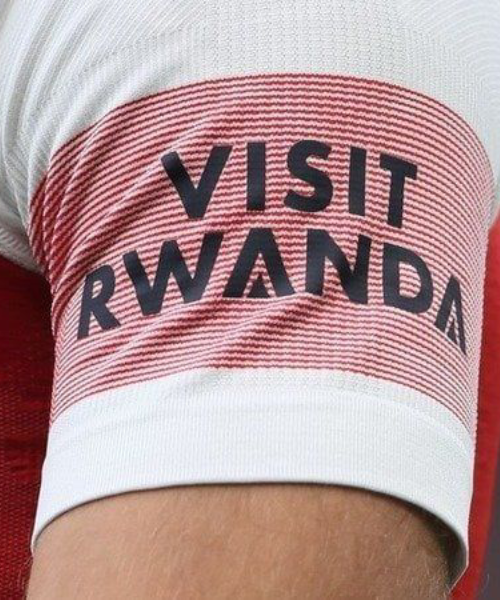Speaking at the 80th session of the United Nations General Assembly, Rwanda’s Minister of Foreign Affairs and International Cooperation, Olivier Nduhungirehe, delivered a forceful appeal for urgent reform of the United Nations Security Council (UNSC). He insisted that a continent of 1.2 billion people—home to the majority of conflicts on the Council’s agenda deserves permanent representation at the world’s highest decision-making body on peace and security.
In a statement that underscored both principle and pragmatism, Nduhungirehe argued that the Council’s current composition “does not reflect today’s realities.” He urged member states to rectify this imbalance, noting that ongoing crises in Africa demand “direct, permanent voices” rather than intermittent engagement from non-permanent members.
“An Africa where most of the conflicts under discussion take place cannot remain excluded from permanent membership,” Nduhungirehe declared, calling on the Assembly to break longstanding stalemates and expand the Council to include African representation alongside the existing five permanent powers.
Championing Multilateralism and Decentralization
Beyond Council reform, Rwanda reiterated its commitment to a multilateral United Nations that is both cost‐effective and geographically diverse. Nduhungirehe offered Kigali as a hub for UN agencies, arguing that localizing operations would reduce overheads and bring decision-making closer to the people most affected by UN programs.
“We support the Secretary-General in advancing peace and security, and in driving progress on the Sustainable Development Goals,” he said, emphasizing Rwanda’s active pursuit of the 2030 Agenda.
From Aid to Trade: Bridging the Gap
Addressing development disparities, the Minister highlighted the dangers of unequal access to finance, technology, and markets, warning that these gaps threaten to stall progress across the Global South. Rwanda’s vision, he explained, is a transition “from aid to trade”—a shift that empowers developing countries to achieve self-reliance through mutually beneficial partnerships rather than perpetual dependency.
“Solidarity among nations has narrowed development gaps in the past. It is time to enable developing countries to stand on their own through trade,” he urged, while decrying the “politicization of development assistance.” Nduhungirehe cautioned that aid must remain a tool of solidarity and progress, never a means of coercion.
Civilian-Centered Peacekeeping and Lessons from 1994
Drawing on Rwanda’s tragic history, Nduhungirehe stressed the imperative of civilian-focused peace operations. “For the sake of the millions who look to the UN for protection, we must ensure that peacekeeping remains true to its purpose,” he said, referencing the 1994 Genocide against the Tutsi as a stark reminder of the cost of inaction.
He highlighted Kigali’s leadership in championing the Responsibility to Protect doctrine and the 2015 Kigali Principles on the Protection of Civilians, as well as its role in mobilizing over $400 million for the African Union Peace Fund. This effort, he noted, enabled the Security Council to finance 75 percent of AU peace operations for the first time—an historic step toward African ownership of its security challenges.
Rwanda’s Ongoing Contributions
Rwanda stands among the largest troop contributors to UN missions worldwide. In addition to multilateral deployments, the country supports bilateral peace initiatives in the Central African Republic and Mozambique, focusing on capacity‐building, counter-terrorism, and the restoration of state authority.
“Conflicts continue to erupt across every continent,” Nduhungirehe observed. “Lasting peace cannot be achieved through military means alone. Only genuine, good-faith dialogue offers a sustainable path toward global peace.”
Looking Ahead
By pressing for a permanent African seat on the UNSC, Rwanda has joined a growing chorus of African nations demanding equitable representation in global governance. As debate over Security Council reform intensifies, Kigali’s argument—that a populous, conflict-affected continent must have an enduring voice in decisions affecting its future—will resonate across New York’s diplomatic circles and beyond.











